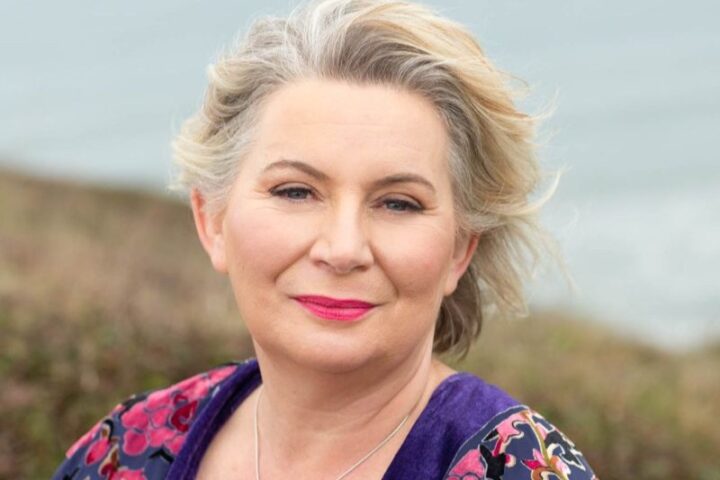The latest survey from Tribepad found a clear gap between young and older workers on the topic of diversity, equity and inclusion (DEI) at work.
The survey showed that younger people are much more likely to value inclusive policies and leadership.
Only 14% of working-age Brits thought employers should scrap DEI after the US government ordered federal contractors to cancel these policies.
A third said UK employers should not change anything, and 36% wanted DEI efforts increased.
That number jumped to 47% for people aged 18 to 34.
Concerns over fairness were clear, with 43% saying DEI could unfairly disadvantage some groups.
Men were more likely to feel this way (48%) than women (39%).
Online influencers who promote misogyny or extremism worried many, with 65% saying people like Andrew Tate are a problem for society.
Women felt more strongly about this, with 38% saying it was an “extremely serious problem”, compared to 24% of men.
Most respondents (77%) agreed companies should be allowed to refuse jobs to those who promote misogynistic, racist or extremist views.
Younger workers were more likely to say visible DEI efforts gave them confidence to apply for jobs.
Among 18 to 34-year-olds, 42% said a clear DEI policy made them feel better about applying, compared to 24% of those aged 55 to 64.
Diverse leadership mattered to 27% of 25 to 34-year-olds, against 18% for older groups.
Inclusive job language made a difference for 18% of younger people, dropping to 13% for over-55s.
There were also gaps by gender and region, as men were more likely than women to want anonymous applications (27% to 21%).
Londoners valued diverse leadership more (37%) than people in Wales (12%) or Scotland (18%).
Neil Armstrong, chief commercial officer at Tribepad, said: “Candidates don’t just look at salary or job title anymore.
“They’re paying attention to whether companies reflect their values, and for younger jobseekers, that includes diversity, equity and inclusion.
“But what’s really interesting is that even those who recognise the importance of DEI still want recruitment to feel fair. That tension is where the work lies.”
In all, 68% agreed that companies promoting DEI make better workplaces; that figure was higher for 18 to 24 year olds (76%) and 25 to 34 year olds (80%).
Age was the top DEI issue for 42% of respondents, followed by disability at 40%.
Racial and ethnic background was picked by 31%, though this rose to 44% among 25 to 34s and was only 21% for over-55s.
Older people were more likely to pick age as the main issue (58%).
Most people still wanted hiring to be based on merit only – among over-65s, 82% said hiring should be on merit, with no DEI taken into account, dropping to 58% for 18 to 24-year-olds.
Across all ages, 74% backed merit-only hiring, even though most jobseekers said they had faced bias.
When shown a case where a minority and a non-minority candidate were equally qualified, 60% of 18 to 24-year-olds supported giving both an equal chance, rising to 93% for those aged 65 and over.
Younger people were more likely to favour one side, with 16% backing the minority candidate and 17% backing the non-minority candidate.
For over-65s, these numbers fell to 1% and 2%.
Armstrong said: “This data tells us something vital: while younger generations are grappling with how to redress systemic imbalances, the majority of people, across all ages, want fairness at the heart of hiring.
“For employers, the message is clear: build systems that genuinely level the playing field. That means removing bias, not reversing it.
“True equity doesn’t ask us to tip the scales, but to finally balance them.”

















